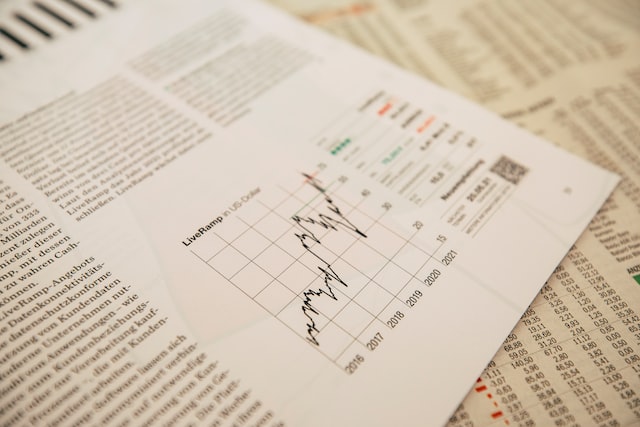
We all know that the father of our country is George Washington, but do you know who the father of economics is? Some say it’s Adam Smith, while others believe it to be Karl Marx. So, who is the real father of economy? Keep reading to find out!
Define what the economy is
The economy can be a complex and abstract concept. Simply put, the economy is the set of everything related to monetary activities – or put another way, it takes into account the production of goods and services, as well as their distribution and consumption. It affects every person on the planet and its influence can be seen in both domestic and global markets. The health of an economy is usually determined by assessing indicators such as GDP, inflation rate, interest rates, unemployment rate, etc. Despite its complexity, it is easy to see why a good understanding of the economy can be so beneficial to any individual or society.
Introduce the different types of economies
Economics is an extremely intricate subject that involves the study of money, consumption, production, and distribution of wealth. One of the major categories in economics is the type of economic system used within a given region. The most common types are capitalism, socialism, communism, mercantilism, and mixed economies. Capitalism relies on private ownership of resources and on market forces for pricing and distribution decisions. Socialism emphasizes collective ownership and seeks to plan economic activity for equitable distribution. Communism generally holds all property as public or state owned and attempts to regulate all aspects of production. Mercantilism focuses on government control over international trade to increase national wealth. Lastly, mixed economies allow both government involvement as well as private enterprise while trying to balance the two with equity in mind. It’s clear that there are a wide range of possible economic systems out there to study!
Describe how the economy has changed over time
As technology has advanced and societies have developed globally, the economy has shifted drastically over time. What was once done by hand is now automated, and opportunities continue to open up in innovative industries that were never possible before. Furthermore, as access to information has grown, so too has the power of commerce and trading worldwide. This globalization allows for lower prices on goods due to increased competition among countries and businesses, providing more economic options for consumers. Although ups and downs can occur in terms of economic stability, it is clear that this evolution has allowed for greater access to resources than ever before.
Discuss who the Father of Economy is and his contributions to economic theory
The Father of Economics is often credited to Adam Smith, an 18th century Scottish economist. His most important contribution was conceptualizing the idea of the ‘invisible hand’ which basically states that when individuals pursue their own interests, it can advance the public good. Smith famously explained how in an economy where everyone involved is acting out of self-interest, supply and demand forces would interact to eventually produce a balance for all participants. His famous book The Wealth of Nations further solidified Smith’s role as a key figure in economic theory by explaining concepts such as opportunity cost, the power of free markets, incentives and free trade. These are still core principles relied upon today in various economic systems around the world.
Summarize key points about economics today
Modern economics is a complex field that deals with financial decision-making on multiple levels. From individual households to multinational corporations, economics plays an important role in determining how resources are managed and used. By understanding the principles of supply and demand, individuals and businesses can identify where prices, costs, and investment opportunities exist in different markets. Other factors, such as taxes, credit availability, inflation/deflation rates, salaries, population growth all play into economic decision-making processes. Additionally, economists must consider external forces that may affect economic performance such as global financial trade agreements, import/export legislation revisions and natural disasters. Various organizations use these economic indicators to determine investment strategies which in turn further shape the overall economy. All of these elements come together to create the current landscape for economics professionals today.
So, what is the economy? In short, the economy is a measure of production and consumption in a given area. There are different types of economies – such as capitalist, socialist, and mixed – and each has its own unique set of characteristics. The economy has changed significantly over time, particularly with the development of new technologies. Today, economics is considered a vital science by many people around the world. By understanding how economies work, we can make more informed decisions about our finances and future prospects.